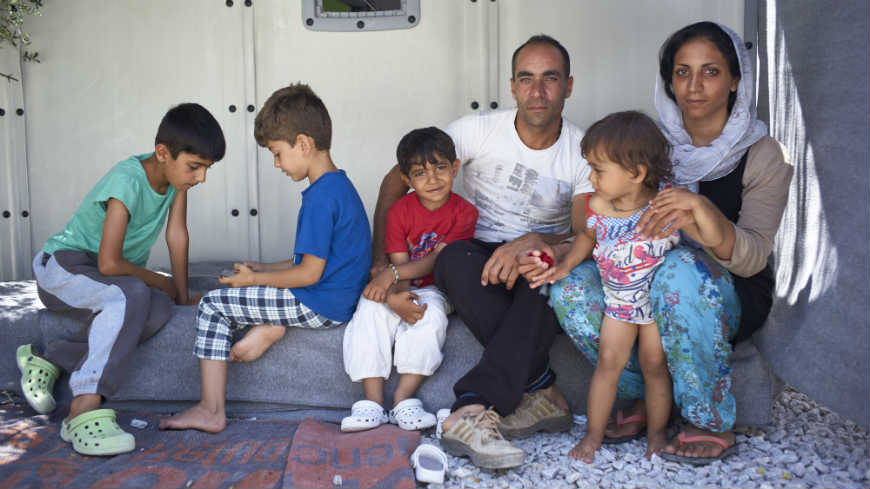On 6 February 2019 in Strasbourg, the Office of the Special Representative organised a working group meeting with experts currently preparing a handbook on standards and good practices to restore family links and reunify families.
“After the high arrivals of refugees and migrants in Europe, many of them have been separated from their families for years, including children. The Council of Europe is committed to helping its member states build strategies to address problems affecting refugee and migrant children, especially those who are unaccompanied. I am pleased to see the progress made in the preparation of the handbook, we need effective implementation of existing rules on family reunification procedures to protect refugee and migrant children”, said the Special Representative on migration and refugees.
The handbook will summarise in a practical way the legal standards applicable to family reunification clarifying the different rules relevant to refugees, beneficiaries of subsidiary protection, asylum-seekers and unaccompanied children, irrespective of their migration status. The purpose is to assist children and their families to restore family links and reunify, when it is in the best interest of the child and in accordance with existing norms. The handbook is meant to serve as a basis for cooperation and training for relevant authorities in Council of Europe member states; it is developed under the Action Plan on protecting refugee and migrant children and it will be launched later this year.
On 1 February 2019 in Strasbourg, the Office of the Special Representative participated in the Network Conference under EU-Council of Europe Project “HELP in the EU”. During the session “Training to enhance compliance with European standards at national level”, legal adviser Janeta Hanganu explained why human rights training is needed in a fast changing practical and political migration-related context in Europe. “States have the right to decide the entry and residence of foreigners on their territory and this prerogative needs to be reconciled with human rights standards. The Council of Europe can offer guidance on protection from violence, fair procedural safeguards and promotion of integration. The new aspects of human rights and migration are challenging even for countries with an asylum history: the combination of mixed migration flows and the complexity of protection needs is unprecedented for all countries,” she said.



